Having to speak when we dream of remaining silent is the little journey into absurdity proposed by Quentin Dupieux and his actors, during the Cannes press conference.
Quentin Dupieux’s film, which opened the Cannes Film Festival, is a game of mise en abymes which reflects without thinking about the questions, a film apparently tailor-made to open a festival – full of references, of winks in the middle , meta in every sense and more or less schoolboy prophecies on the future of the seventh art, a film that we have probably not seen in the same way whether we are concerned by the Cannes thing, or comfortably seated in a room a little further from the noise of the world and current rumors.
Quentin Dupieux this time offers a commentary on cinema in this thirteenth feature film.
A meta work which talks about cinema and which mocks what it is about, namely, a prestigious cast including Lea Seydoux, Vincent Lindon, Louis Garrel and Raphaël Quenard.
From the first minutes, the fourth wall is abolished, the protagonists, at the same time actors, characters and spectators, talk to us, or rather, talk to each other about the gaze placed on them. A first sketch whose violence is surprising, as the experiences of trans people are reduced to a joke. Enough to establish a first uneasiness, continued later in the feature film, while Willy tries to kiss Florence, who assures him: “I could grill you for what you just did”. We could smile if that were really the case. Earlier, David explains to Willy that his words “are going to cancel [them].” We are not (yet) aware of careers ruined by transphobic comments. On the other hand, we have in mind many victims of transphobia. Reducing such experiences to a line of dialogue is true cancel culture.
Dupieux has fun with his actors, but also explores his favorite subject, with long tracking shots in sequence shots: the interweaving of reality and fiction, the distortion of a universe without qualities (here, a lost restaurant on a road) which becomes the stage of a theater of the absurd.
The director immediately set the tone: “I’m here to be polite. The less I talk, the more people want to go see the film. So I’m going to continue to keep quiet. » Followed in his approach by his actors, Louis Garrel and Vincent Lindon in the lead. “I loved the film, yes. For what ? I don’t know,” warns Vincent Lindon.
“You ask questions about our world while Quentin Dupieux evolves in another world,” continues Louis Garrel. “It’s been the same question for half an hour,” whispers the first. “It’s a priesthood to answer these questions,” replies the second. A terse attitude which sometimes leaves the impression that the five actors of the Second Act have not quite come out of their characters with their sharp lines.
The minutes tick by, the questions follow one another and we sympathize with the journalists present who are taking wind after wind. The last ones are sumptuous: “She doesn’t listen to the answer. It’s always the same: we answer their questions and they don’t listen to us,” laments Quentin Dupieux. “A guy said: “If at 50 you don’t have this watch, you’ve wasted your life.” Me, if with everything I have done in my career I am still asked this question, I have failed my life”, annoys Vincent Lindon, whose character constantly returns to his magnificent professional career.
In front of the screen I was therefore perplexed, not so much bothered by the let’s say ethical flaw of the film – which in itself does not bother me, I am more in favor of laughing at everything as long as the form follows, than by what this choice reveals of the position of the Festival and which we can summarize as follows: at the same time we understood that the issues at the moment in cinema were that, and at the same time, we evacuate them through laughter and in a four-star cast – a good-natured gesture that is both clumsy and spectacularly avoidant.
We happened to smile while watching “The Second Act”, and even to laugh, despite the uneasiness established throughout the film. Where some of Dupieux’s jokes make us cringe, others hit the mark – particularly when the filmmaker allows himself to explore our own paradoxes, through the character of Vincent Lindon, an embittered and rebellious actor, who quickly succumbs to the sirens of Hollywood. In this nebula, certain bursts of light remain – starting with Stéphane, the character played by Manuel Guillot. Representing untimely stage fright and involuntary tremors, he is touching in his despair, almost as much as he is ready to smile.
“The Second Act” by Quentin Dupieux, presented out of competition at the 77th edition of the Cannes Film Festival, it competes with the film “Un p’tit truc en plus” by Artus, which caused a surprise by rising to the top of the box- office.
“The Second Act” by Quentin Dupieux, presented out of competition at the 77th edition of the Cannes Film Festival, it competes with the film “Un p’tit truc en plus” by Artus, which caused a surprise by rising to the top of the box- office.
“The Second Act” has a good chance of winning the prize in the out-of-competition film category at the 77th edition of the festival.
Copyright ©2024 IMPACT EUROPEAN
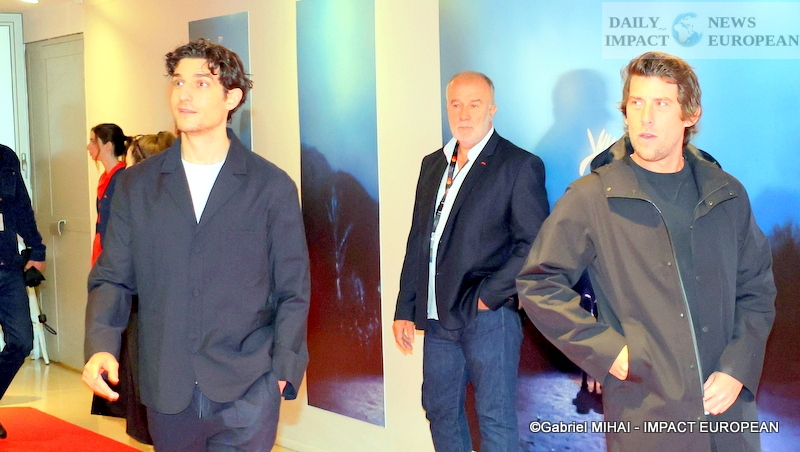
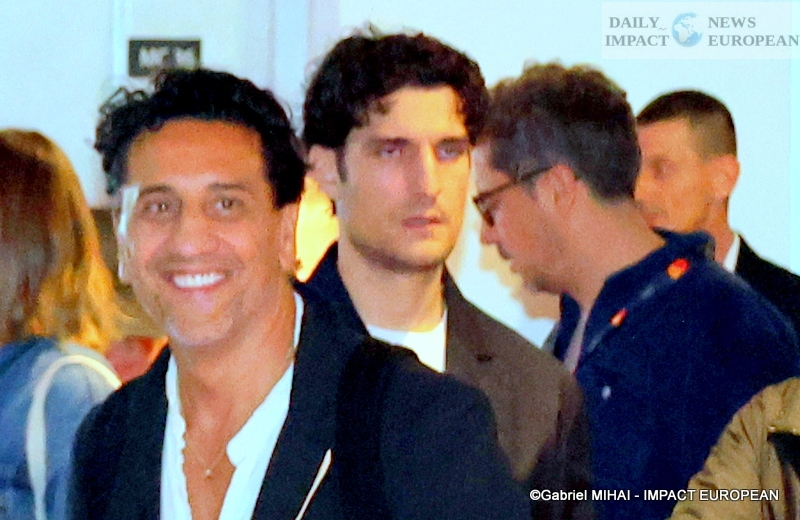
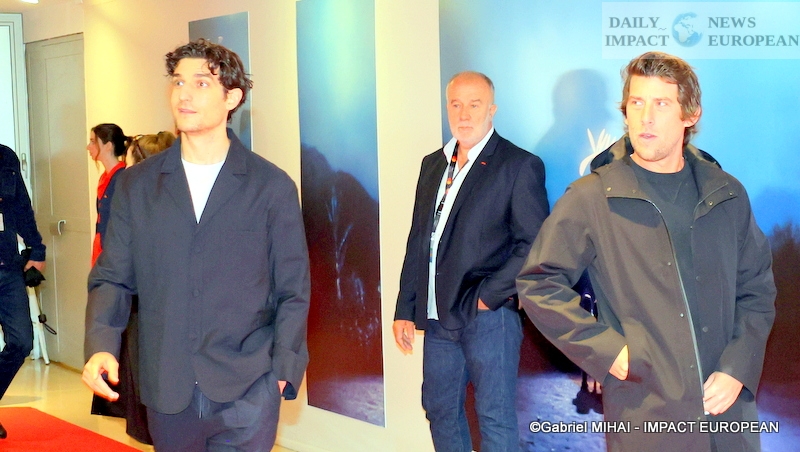

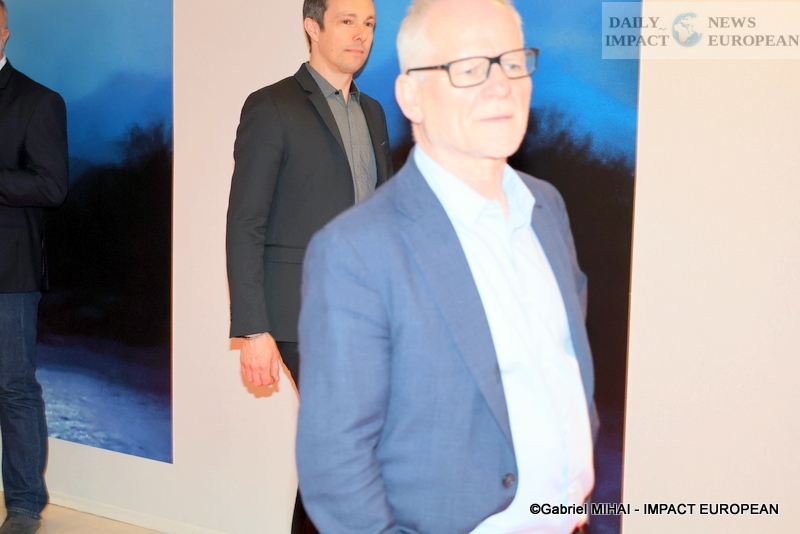
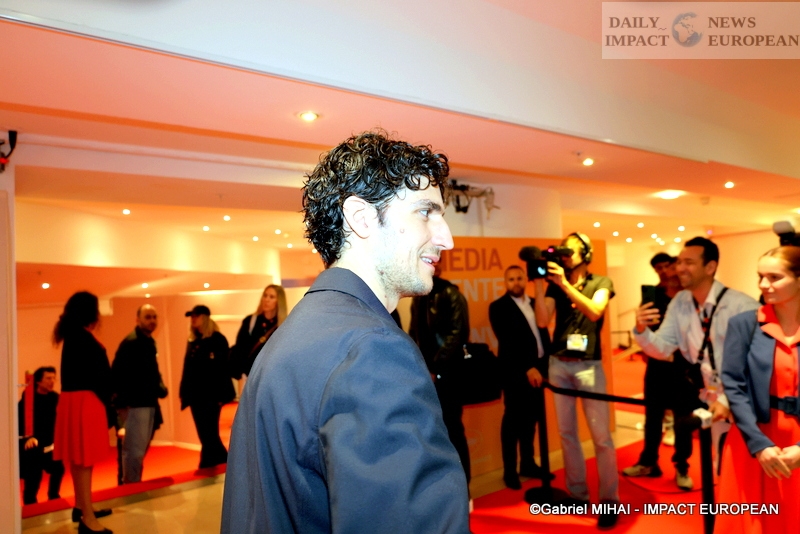
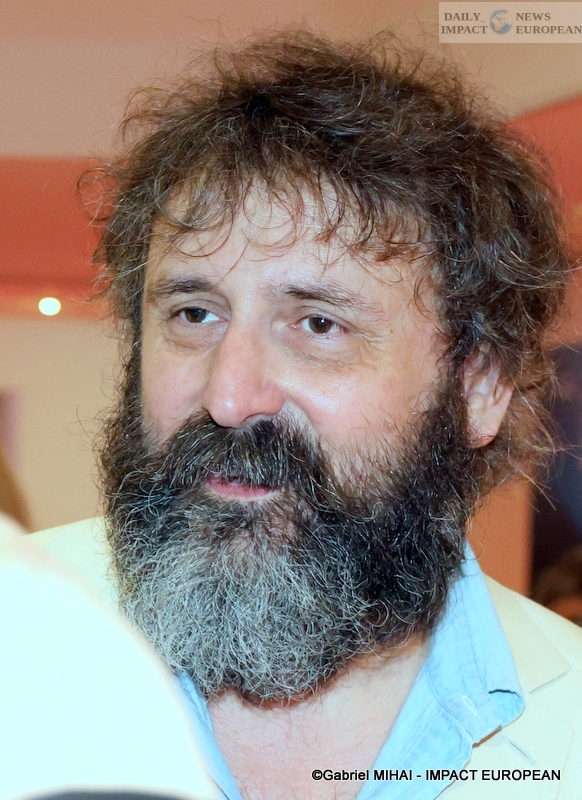
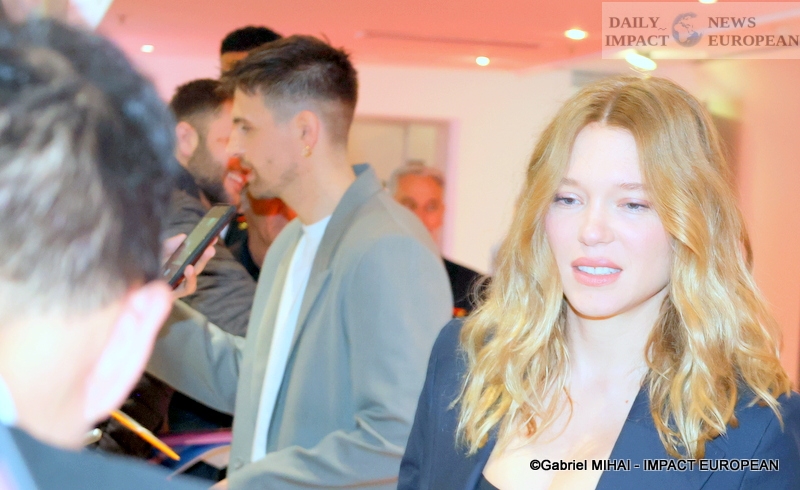
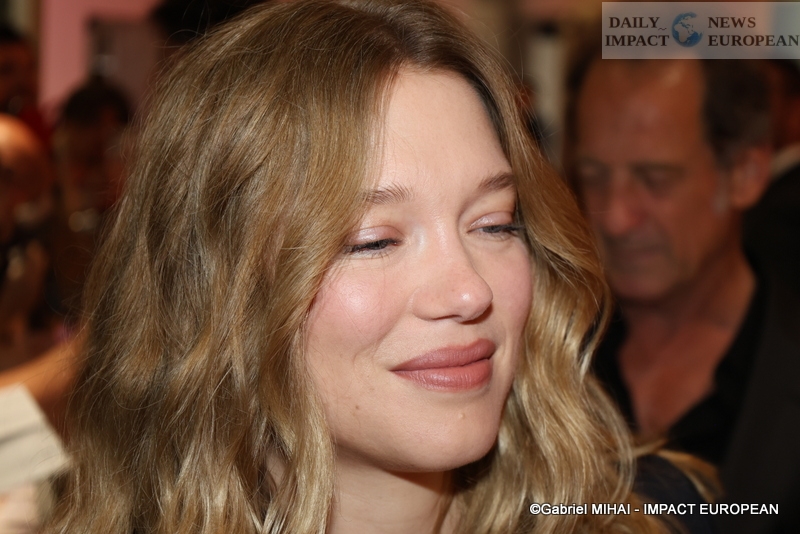
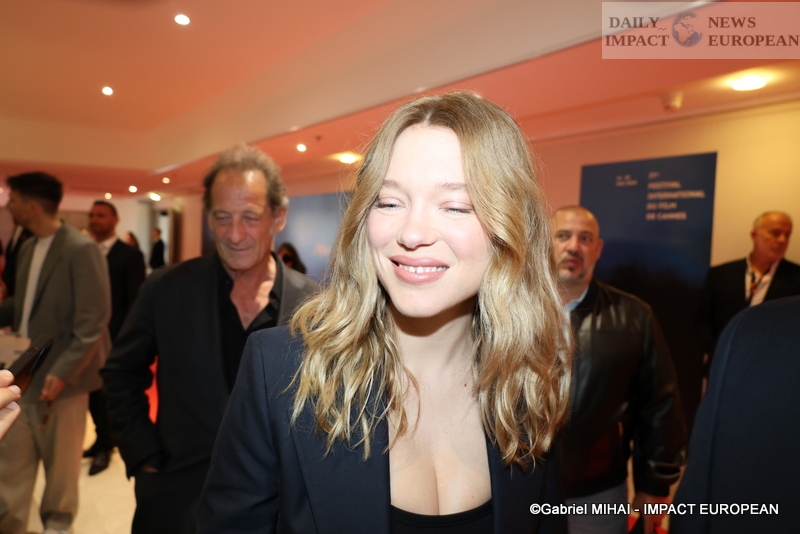
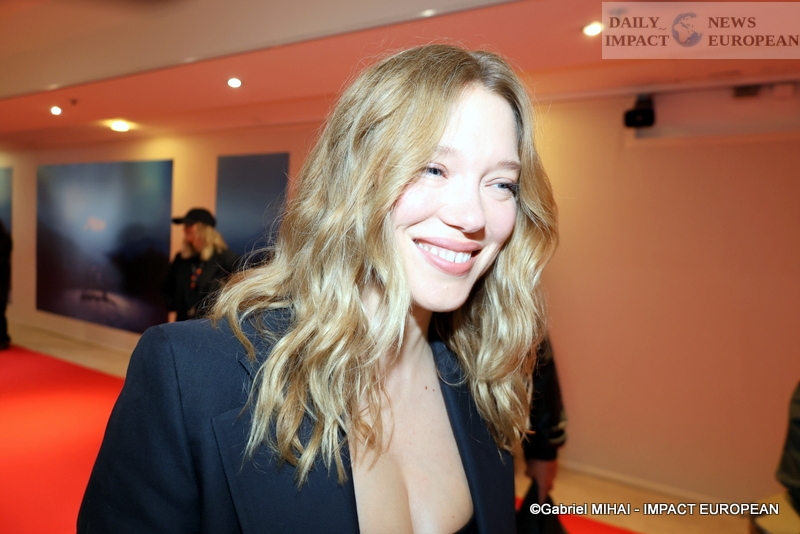
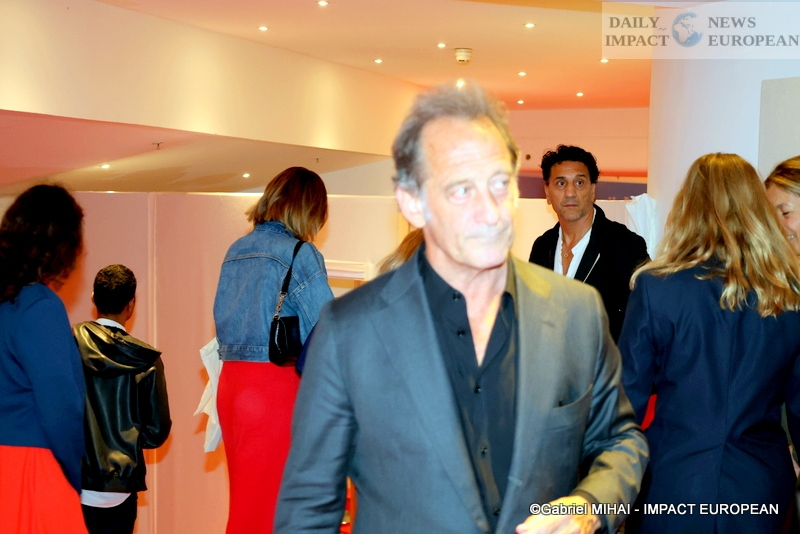
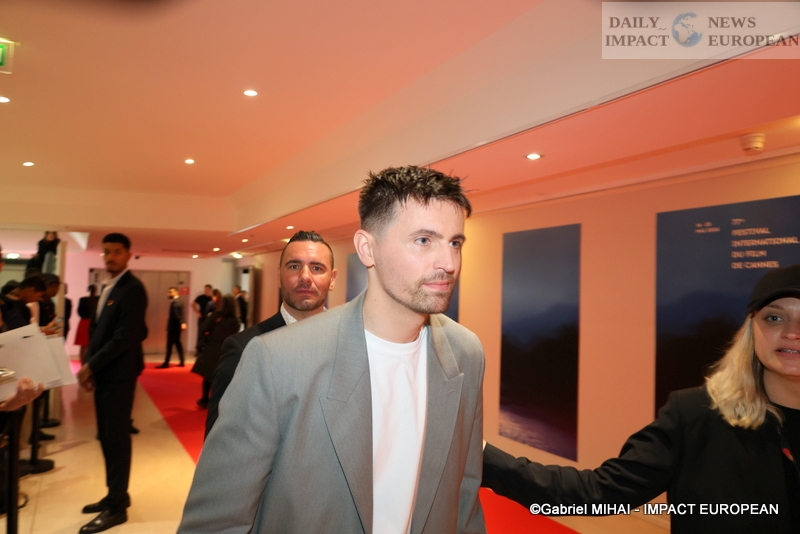
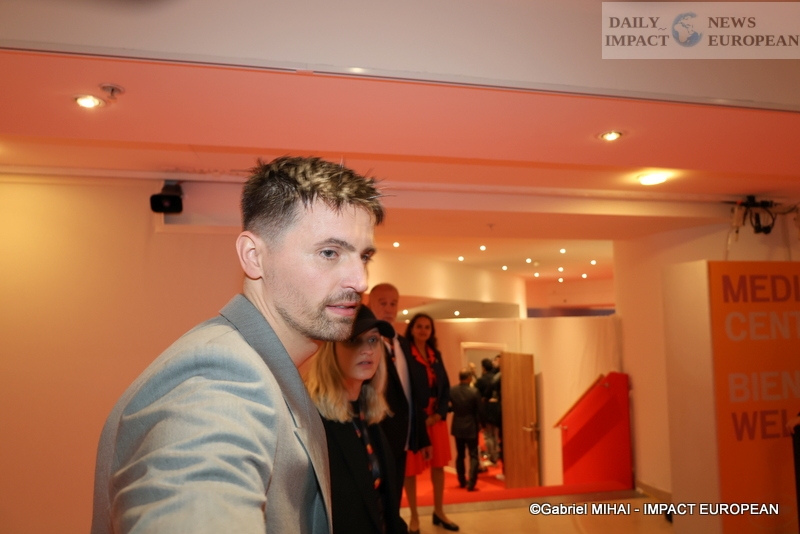
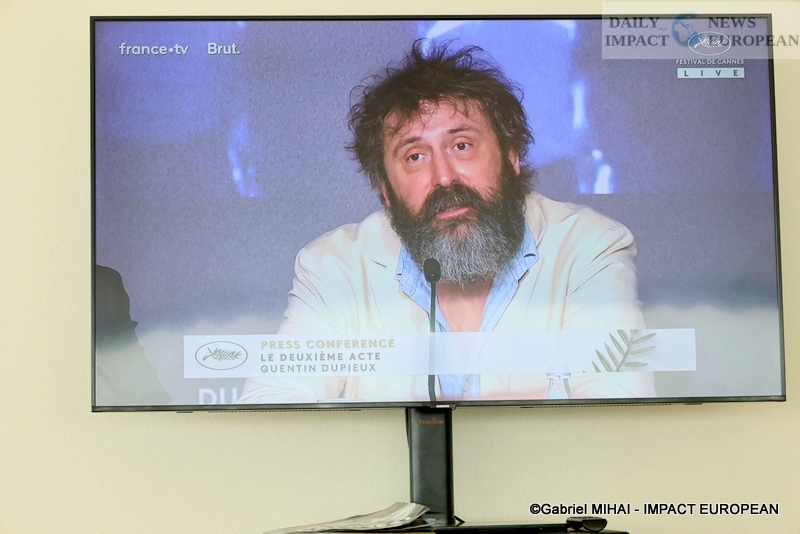
More Stories
Meeting between French and Israeli counterparts Emmanuel Macron and Isaac Herzog at the Élysée
“Dansong” at the Avignon Off Festival 2024
Olympic Flame at the Jardin du Musée Mac Val